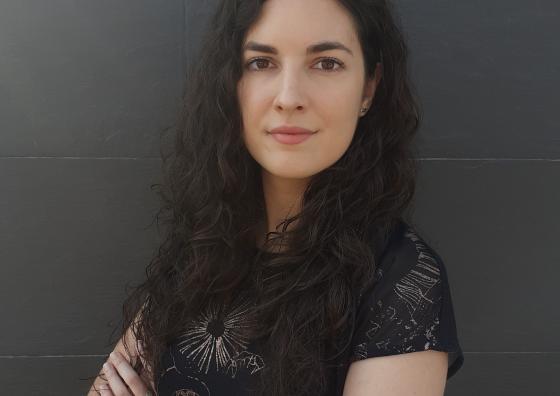
Quantum computing: present and future of a technological revolution
Alba Cervera Lierta, a Senior Researcher at the Barcelona Super Computing Center (BSC-CNS) and Quantum Information doctor by the University of Barcelona, will offer a talk on Quantum Computing at the Physics Faculty of the UB next Wednesday, February 16.
Abstract
The second half of the 20th century has been marked by multiple technological breakthroughs. It represents, especially, the expansion of computing sciences and the golden age of computers.
Parallel to these advances, another technological revolution, less evident and with a similar impact, was in the making. A more sophisticated understanding of quantum mechanics allowed for the invention of devices such as the laser, the GPS or the magnetic resonance. However, the advancement in the study of the quantum properties of matter highlighted the experimental limitations to understanding it. Even the most state-of-the-art computers were insufficient to describe quantum systems due to an underlying impediment: the necessary space to perform the simulation grows exponentially with the number of particles one wants to study.
It was then that scientists posed the question “why not design a computer that obeys the same quantum laws as the systems we want to study?”. Despite all the advances during the first quantum revolution, the technology of the time was not ready for this new and ambitious proposal. Quantum computing was developed primarily on a theoretical plane, giving birth to surprising applications that go beyond basic physics.
Now, almost 40 years after that proposal, quantum computing has become a reality in expansion. We have quantum computer prototypes that outperform traditional computers in some calculations. We find ourselves in technological development and an expansive era in which geopolitics play a key role, as it happened with traditional computation. The search for applications, technology and specially qualified staff has become a number one priority for universities, companies and governments.